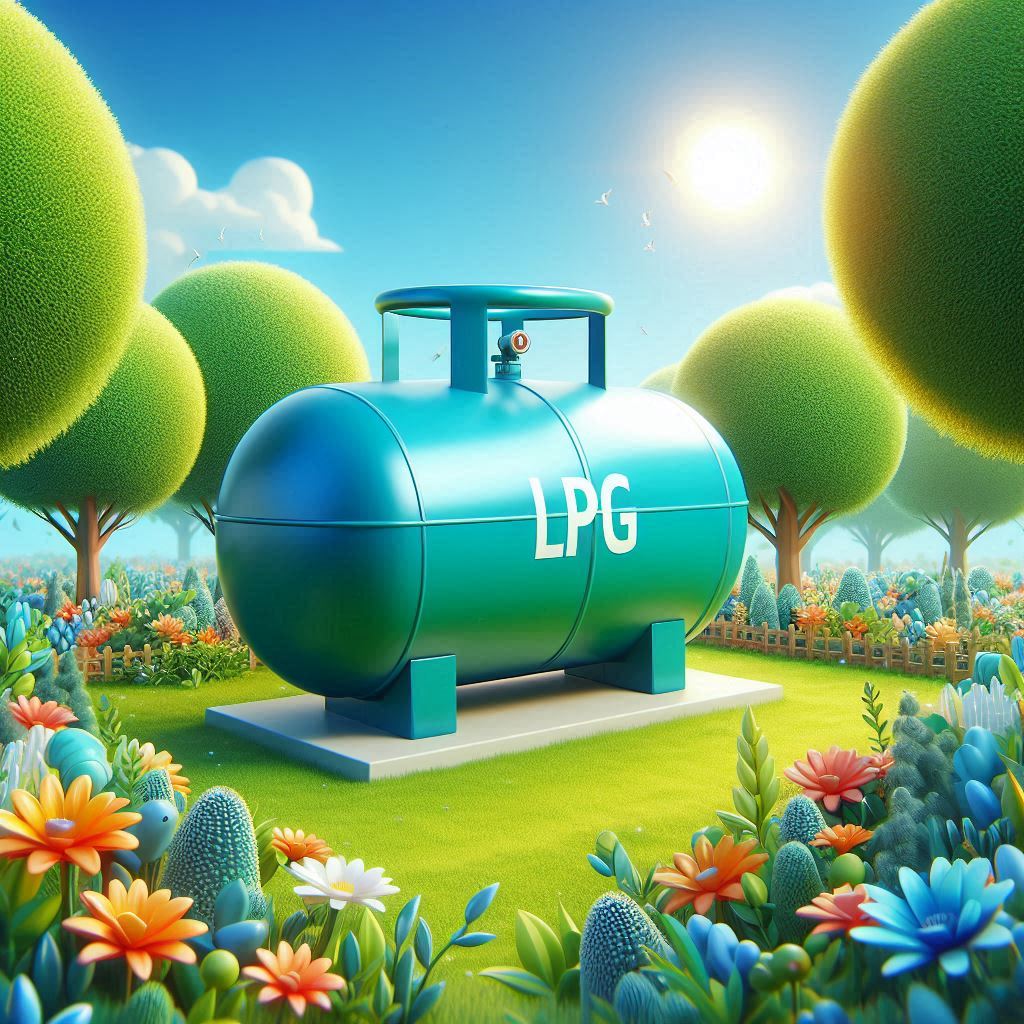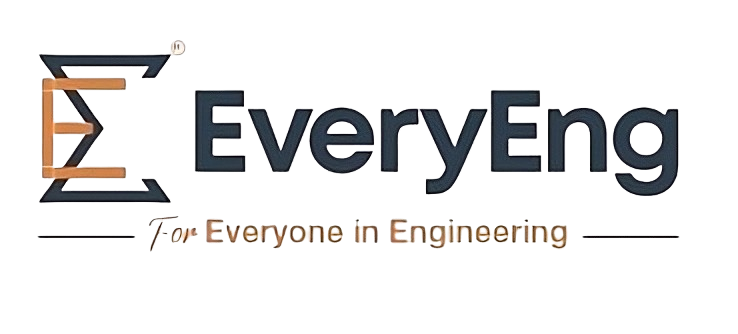
NextGen Technology opportunities in LPG sector
COMPLETED
10 already enrolled!
Opportunities that awaits you!

Earn a course completion certificate
Add this credential to your LinkedIn profile, resume, or CV. Share it on social media and in your performance review
Training details
This is a live course that has a scheduled start date.
Live session
March 08, 2025 | 05:30 AM
1 Hours every day
1 Days
Why people choose EveryEng
Industry-aligned courses, expert training, hands-on learning, recognized certifications, and job opportunities—all in a flexible and supportive environment.
- Industry Veteran
- Trainer Review
❮
❯

























